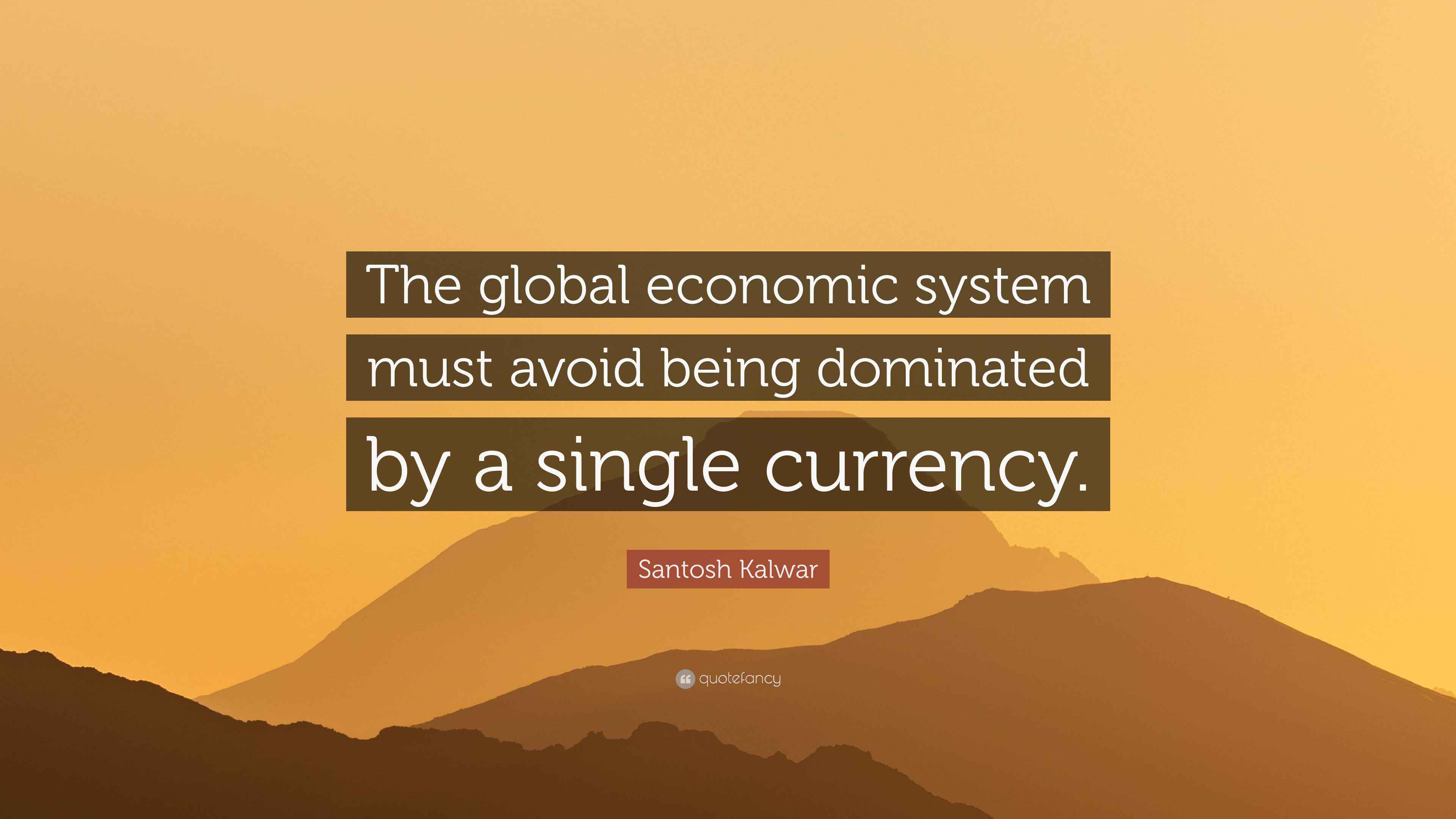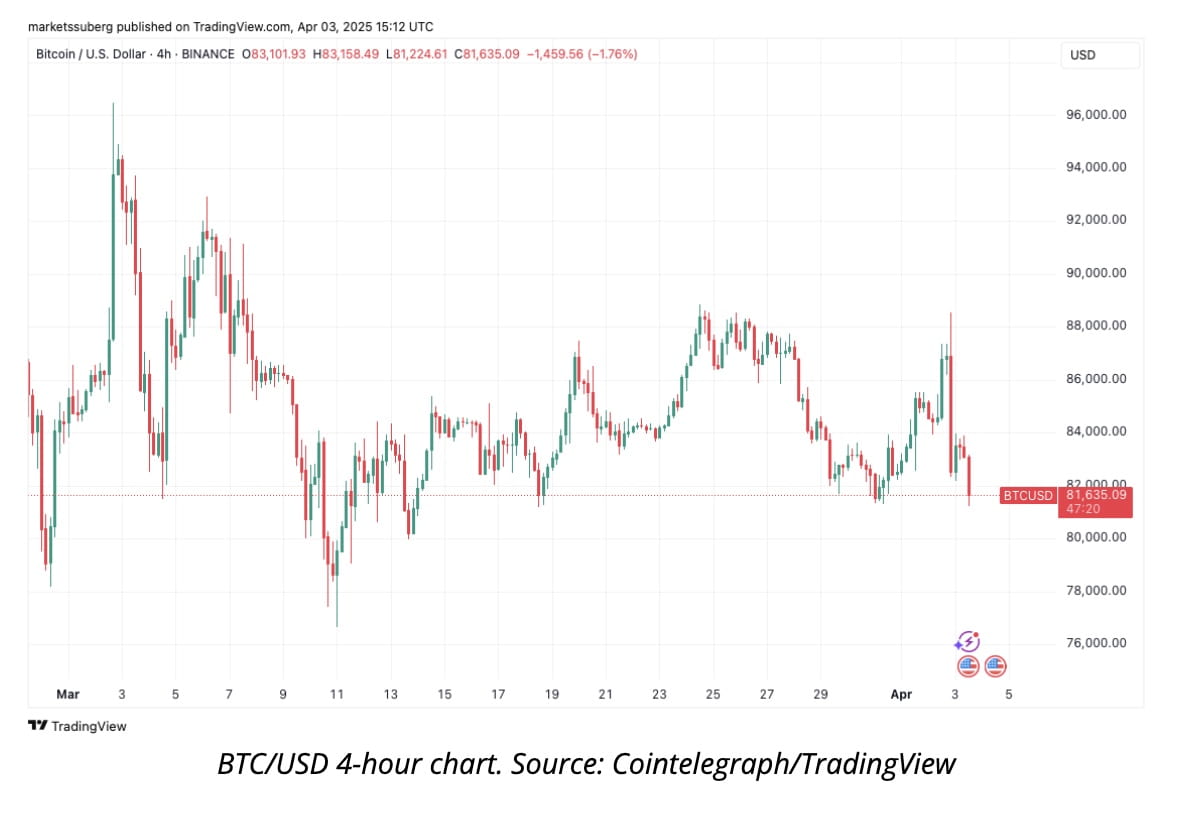The Current State of Big Gaming Companies and Their Challenges
In the dynamic landscape of the gaming industry, big gaming companies play a pivotal role in shaping trends and driving innovation. These industry giants often face a unique set of challenges due to the competitive nature of the market and evolving consumer preferences.
Navigating the Competitive Terrain: Balancing Innovation and Market Demand
One of the primary challenges faced by big gaming companies is striking the right balance between innovation and meeting the demands of the market. As players expect cutting-edge technology and captivating gameplay, companies must invest resources in research and development while also delivering titles that resonate with a wide audience.
Rising Costs and Monetization Strategies: Adapting to Changing Business Models
With the increasing costs of game development and marketing, big gaming companies are constantly exploring new monetization strategies. From subscription services to in-game purchases, finding the right balance between generating revenue and providing value to players is crucial for long-term success.
The Impact of Technological Advancements: Embracing Change or Risk Falling Behind
Technological advancements, such as virtual reality, cloud gaming, and augmented reality, present both opportunities and challenges for big gaming companies. Staying ahead of the curve and adapting to emerging technologies is essential to remain competitive in an ever-evolving industry.
Strategic Partnerships and Acquisitions: Shaping the Future of Gaming
To overcome challenges and drive growth, big gaming companies often engage in strategic partnerships and acquisitions. By collaborating with other industry players or acquiring emerging studios, companies can strengthen their market position and expand their portfolio of games.
Exploring the Hype: What Is Onchain Gaming?
Onchain gaming represents a revolutionary fusion of blockchain technology with the world of gaming, offering a decentralized and transparent gaming experience that has captured the attention of both gamers and developers alike.
By leveraging blockchain technology, onchain gaming introduces secure and tamper-proof mechanisms for in-game asset ownership, digital scarcity, and provably fair gameplay. This innovation eliminates traditional gaming limitations and opens up a realm of possibilities, including true ownership of digital assets and interoperability across multiple games.
One of the key attractions of onchain gaming is the concept of Play-to-Earn, where players can monetize their gaming skills by earning cryptocurrencies or valuable in-game assets that hold real-world value. This transformative shift challenges the conventional gaming model where rewards are limited to in-game achievements with no tangible value outside the game environment.
Decentralized finance (DeFi) protocols further enhance the onchain gaming experience by facilitating in-game financial transactions, enabling players to participate in a thriving virtual economy seamlessly integrated with blockchain technology.
As the popularity of onchain gaming continues to rise, it not only disrupts the gaming industry but also paves the way for a new era of gaming innovation and player empowerment. With its emphasis on transparency, security, and financial incentives, onchain gaming represents a significant evolution that is reshaping the gaming landscape.
The Elusive Potential of Onchain Gaming
Despite the hype surrounding onchain gaming, the promises often fall short due to scalability challenges and complex user adoption curves. Many industry professionals overlook the significant impact of regulatory frameworks on the pace of innovation in this space. Did you know? Some blockchain-based games struggle to achieve mass appeal due to high transaction costs and limited processing speeds, hindering seamless user experiences.
The Future of Gaming: Can Onchain Technology Revolutionize the Industry?
Expert Insights (Q&A)
Q: What are the most significant misconceptions about onchain technology in gaming?
A: While some may view onchain technology in gaming solely as a passing trend, the reality is that it has the potential to fundamentally transform the industry. Contrary to the idea that onchain technology is complex and impractical, advancements like blockchain can enhance security, enable true ownership of in-game assets, and introduce new revenue streams for developers.
Q: Why does onchain technology in gaming matter more than most people realize?
A: Onchain technology’s impact on the gaming industry is profound. It can empower players by providing transparency in transactions, ensuring fairness in gameplay, and revolutionizing the concept of virtual economies. Furthermore, the integration of onchain technology can lead to innovative game designs and experiences, attracting a wider audience and shaping the future of gaming as we know it.
Q: How is onchain technology in gaming likely to evolve in the coming years?
A: The future of gaming lies in the continued integration and advancement of onchain technology. We can expect to see increased adoption of blockchain in gaming to create decentralized gaming platforms, enhanced cross-game compatibility, and improved digital asset ownership. Moreover, developments in onchain technology may pave the way for new gaming models, such as play-to-earn mechanisms and NFT-driven ecosystems, revolutionizing the gaming landscape and offering gamers unprecedented opportunities and experiences.

















Leave a Reply